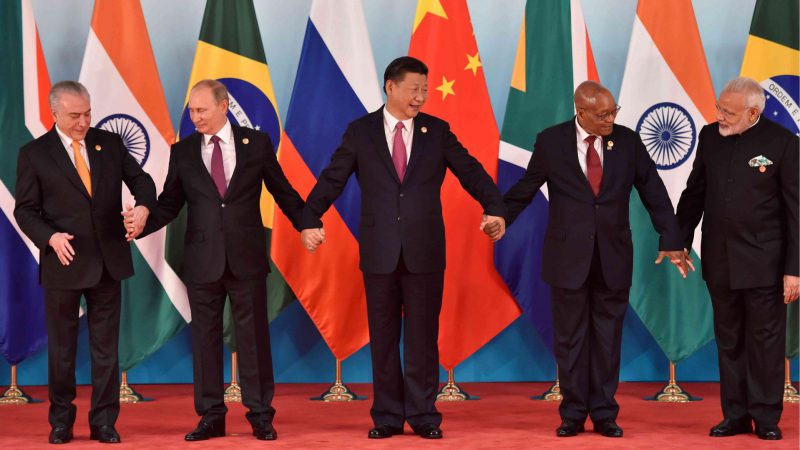The rising relevance of the global south has become an undeniable development this year. Yet, as the BRICS nations are set to expand their member states, could the BRICS alliance be primed to emerge as the new global superpower?
The current economic power balance in the world is undoubtedly shifting. Subsequently, the BRICS collective is looking like one of its greatest beneficiaries. Moreover, as the annual summit of the bloc is just a few months away, the greatest shifts may still be ahead.
BRICS and Expansion
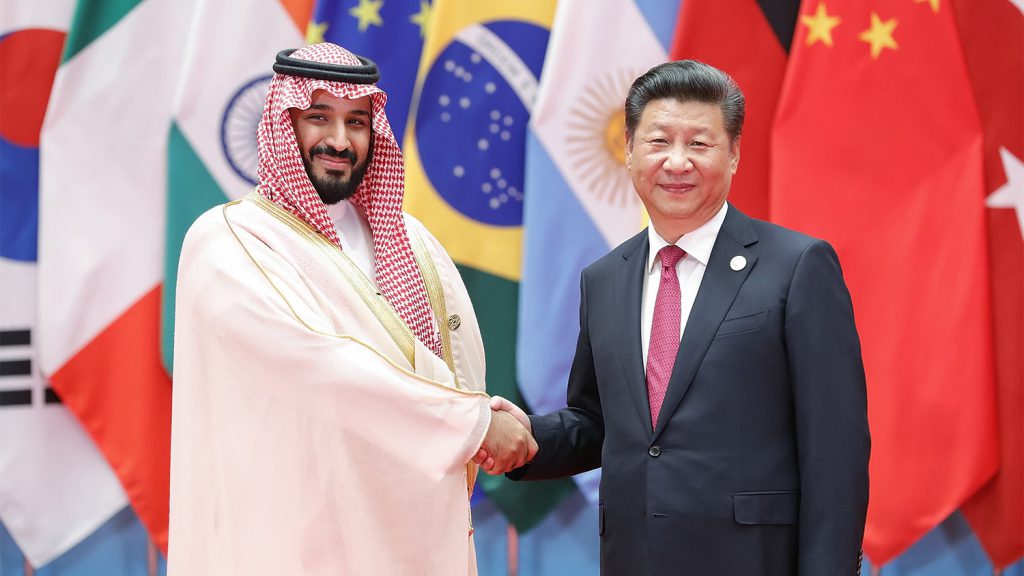

The BRICS bloc was derived from a phrase coined by Goldman Sachs in 2001. Discussing various emerging economies, the collective was initially derived from Brazil, India, Russia, and China. Then, South Africa joined the BRICS nations in 2010, a year after its first official summit.
Its growth took another massive step forward with the arrival of the New Development Bank in 2014. Subsequently, the institution was set up with $50 billion in seed money, laying a serious foundation for contention in the global economy.
That represented the bloc’s initial practical steps toward competition with the West. Now that sanctions have seemingly separated the BRICS collective, expansion is on the horizon. Specifically, a host of nations, including Argentina, the UAE, Mexico, and Saudi Arabia, are seeking inclusion in the bloc.
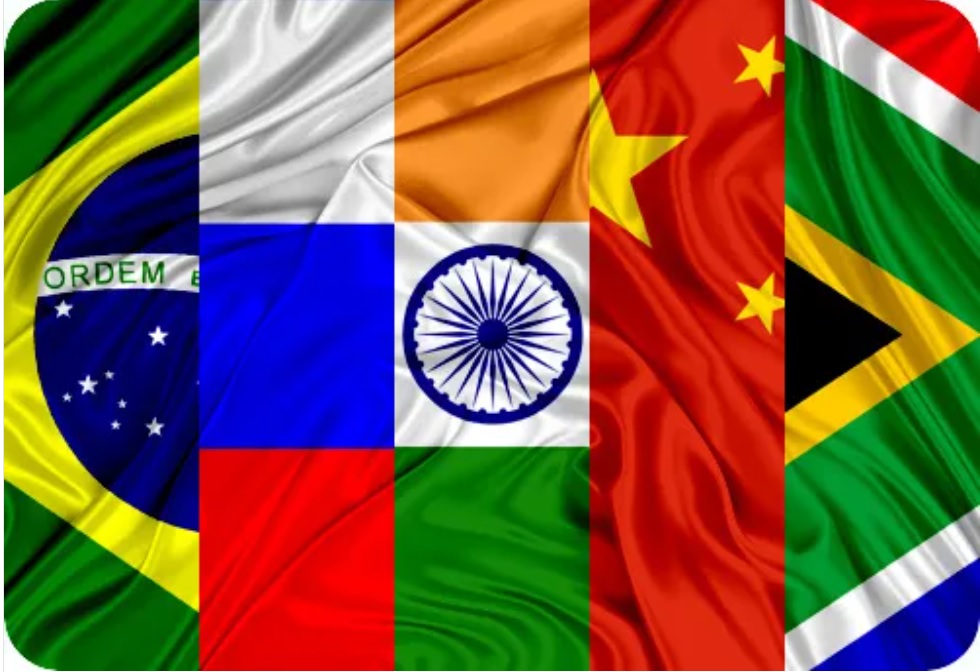

Financial reports have shown that BRICS are already the leaders in global GDP (PPP), contributing 31.5%. Alternatively, the G7 countries only contribute 30.7%, a discriminatory figure that will only increase if expansion is enacted.
What separates the potential in the BRICS blog is the New Development Bank. Specifically because of the competition it provides to the International Monetary Fund (IMF), an organization known for conducting operations based on political interest.
The growth of BRICS nations allows the New Development Bank to conduct operations free from those agendas. Thus, driving up interest in the collective as a whole for poorer countries tired of serving those agendas of the West.
A Political Conflict
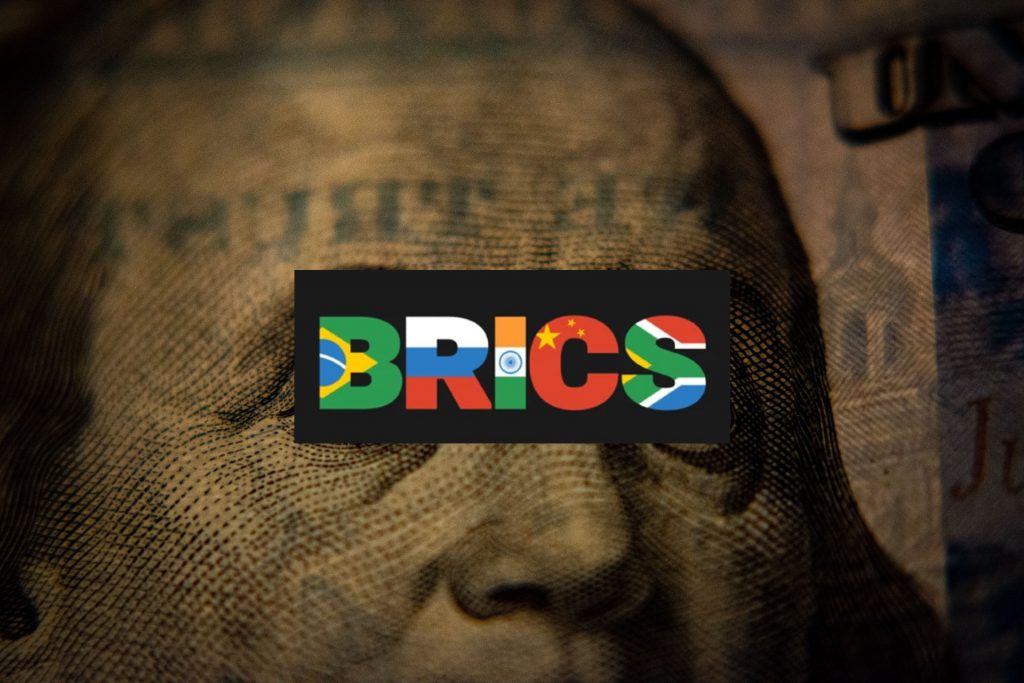

The economic state of the West is undeniably concerning. Thus, it presents a clear opportunity for the global south to develop a powerful alternative. Subsequently presenting a conflict that is turning political.
Brazil and China have already announced that their trade agreements are set to take place in their own currencies. Further pushing the de-dollarization efforts that BRICS has been outspoken about. Other nations have already followed suit, and as the bloc grows, those efforts will undoubtedly expand.
Reducing reliance on the US dollar, as the economy in America is growingly fragile, will have consequences for the West. Yet, the BRICS countries have an opportunity, amid that fragility, to capitalize on the global economic stage.
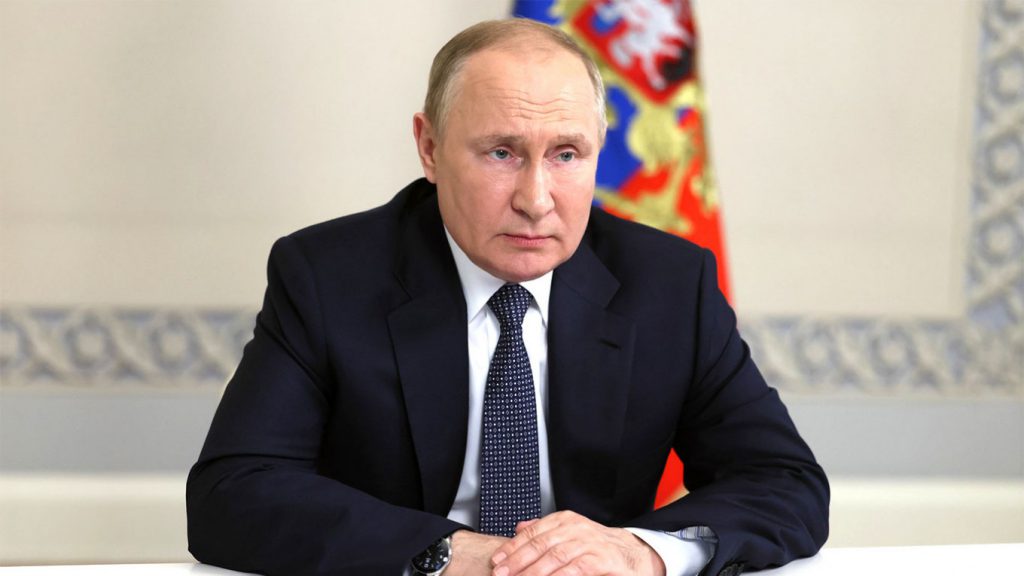

BRICS is developing into much more than an economic bloc, however. It is clearly establishing itself as a haven for the global south to take its voice back. To present an avenue for the rest of the world to stand in confrontation with the Western dominance of the past decades and stand a chance.
A new world order may not be upon us, but the BRICS Alliance as a new global superpower is an undeniable reality. The trend is upon us, and the course is unchanging. Now, the only aspect of consideration is just how much this will change. And how firm the G7 can stand amidst those changes.





